Foster Independence Through
Creativity and Discipline
Encourage your child to manage responsibilities and explore new ideas.
Independent Explorer
Designed with educators, backed by psychology, and
easy to integrate into your school’s
routine.

Plan Objectives
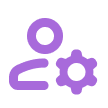 Build Independence
Build Independence
Help children manage responsibilities and complete tasks with focus and discipline.
 Develop Financial Literacy
Develop Financial Literacy
Teach children budgeting, saving, and smart financial decision-making.
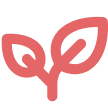 Encourage Creativity
Encourage Creativity
Inspire children to explore new ideas and think innovatively.
 Promote Assertiveness
Promote Assertiveness
Equip children with communication tools to set boundaries respectfully.
Why This Plan?
This plan addresses the following challenges by developing targeted skills

Doesn’t complete work on time

Consistently makes poor financial choices

Has difficulty outside of their comfort zone
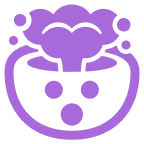
Is uncomfortable saying, “No.”
Doesn’t complete work on time
How This Plan Helps
This plan provides tools to prioritize tasks and stay organized in order to meet deadlines effectively.
Skill: Self-Discipline
Course: The Art of Self-Discipline
Consistently makes poor financial choices
How This Plan Helps
This plan introduces budgeting and saving strategies to build responsible financial habits.
Skill: Finance
Course: Financial Literacy I
Has difficulty outside of their comfort zone
How This Plan Helps
This plan encourages exploration of new ideas and environments, building confidence in the ability to adapt and excel.
Skill: Creativity & Innovation
Course: Don’t Wait: Create!
Is uncomfortable saying, “No.”
How This Plan Helps
This plan teaches effective communication techniques to help children set boundaries respectfully.
Skill: Effective Communication
Course: Communication Foundations
01Managing Deadlines
This scenario helps your child organize and prioritize tasks to stay on top of assignments and responsibilities.
02Making Financial Decisions
This scenario teaches your child to create a budget and make thoughtful spending and saving choices.
03Exploring New Ideas
This scenario encourages your child to think creatively and confidently embrace unfamiliar opportunities or environments.
04Setting Boundaries Respectfully
This scenario guides your child in using clear communication to say, “No,” while maintaining positive relationships.
Real-Life Applications
How this plan's skills apply to real-world scenarios for everyday success
Courses Included
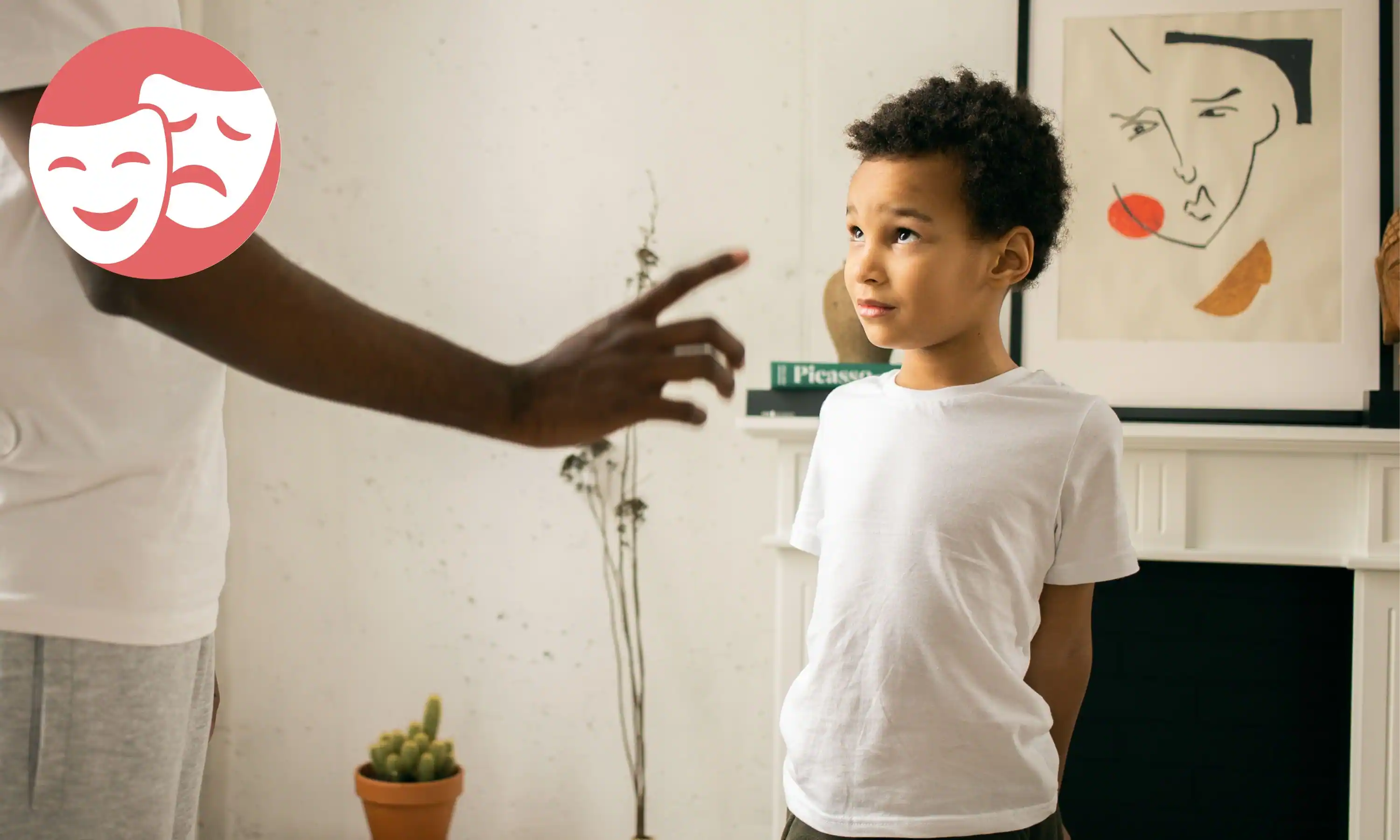

The Art of Self-Discipline
Emotional
Self-Discipline
Course Details:
Modules: 4 |
Lessons: 33
Better Decisions: Develop self-discipline for improved decision-making and focus.
Emotional Regulation: Manage emotions to reduce impulsive behaviors and build resilience.


Financial Literacy I
Intellectual
Finance
Course Details:
Modules: 4 |
Lessons: 32
Money Management: Understand the crucial role of budgeting and goal setting in managing finances.
Spending Decisions: Differentiate needs from wants to make informed financial choices.
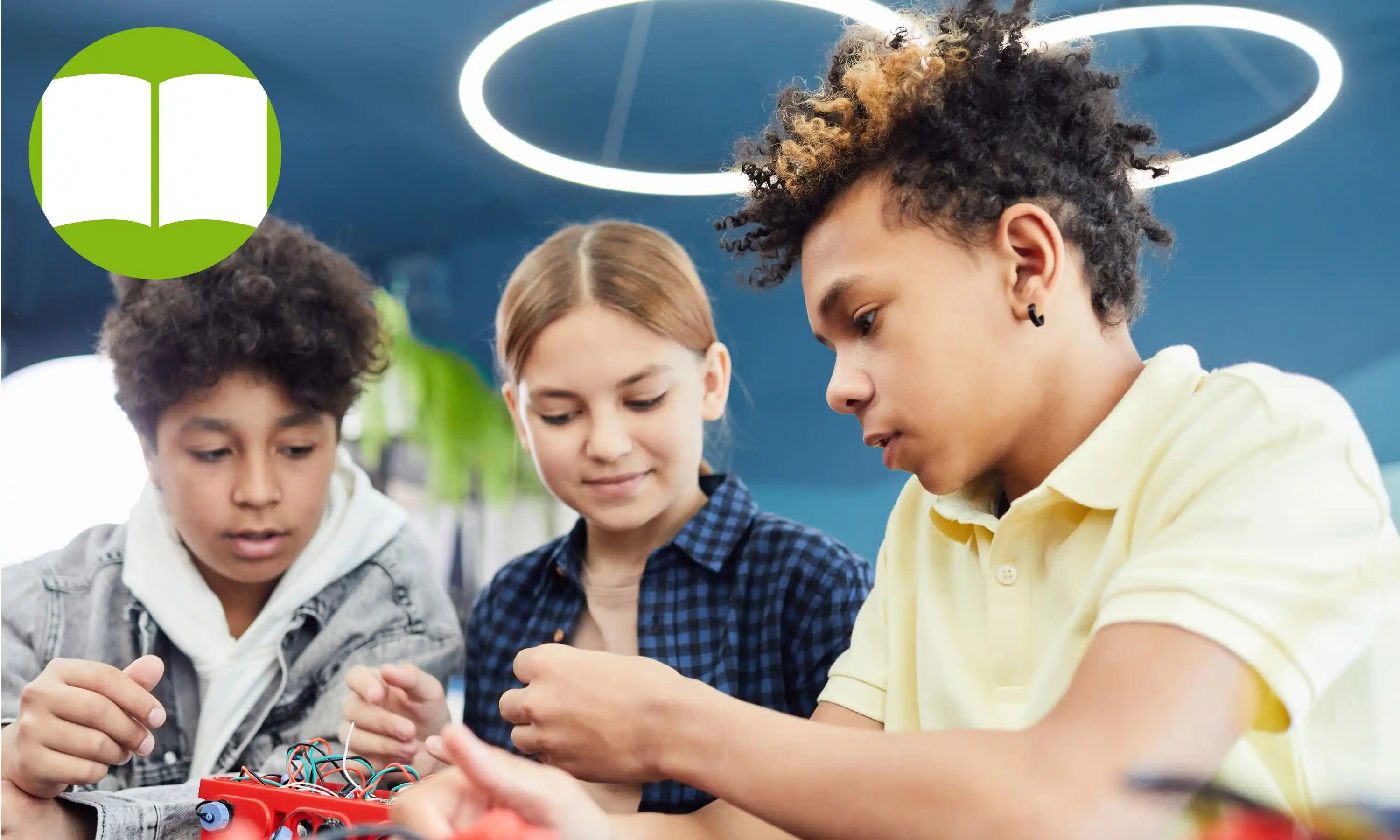

Don’t Wait: Create!
Intellectual
Creativity & Innovation
Course Details:
Modules: 4 |
Lessons: 31
Creative Problem-Solving: Apply creative techniques to tackle real-world issues effectively.
RealisticResilience Growth: Develop resilience and a growth mindset to navigate challenges.
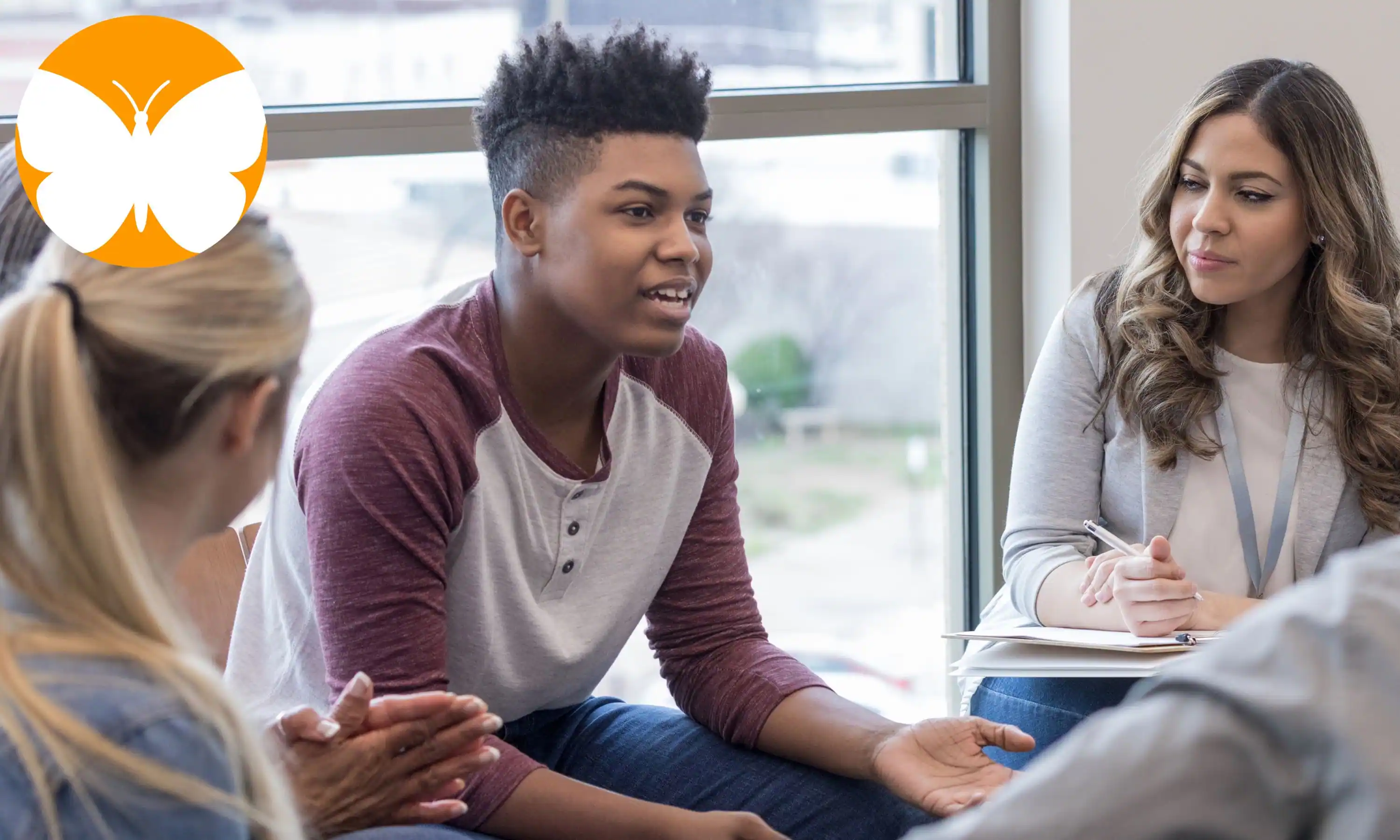

Communication Foundations
Social
Effective Communication
Course Details:
Modules: 4 |
Lessons: 32
Effective Communication: Develop communication skills across multiple mediums for clearer interactions.
Active Listening: Enhance active listening and empathetic communication for better understanding.
Meet the Course Creators

Melissa Miletic
The Art of Self-Discipline
Melissa Miletic
The Art of Self-Discipline
Melissa Miletic is a dynamic educator with over ten years of experience in education, beginning her journey with a transformative volunteer stint abroad at 18. She has since navigated all facets of education, from policy-making to classroom teaching, driven by her multicultural upbringing and a deep belief in the value of diversity. Committed to providing holistic, inclusive, and high-quality education, Melissa strives to impact learners across all demographics and geographies. Her approach blends modern methodologies with a global perspective, aiming to make learning engaging, relevant, and accessible to everyone. Holding a double bachelor’s degree in International Relations and Communication from the University of South Florida and a master’s in International Education from New York University, Melissa’s expertise lies in crafting educational experiences that resonate universally. Her professional and personal mission is to champion education as a transformative force, bridging cultural divides and fostering understanding in a connected world.
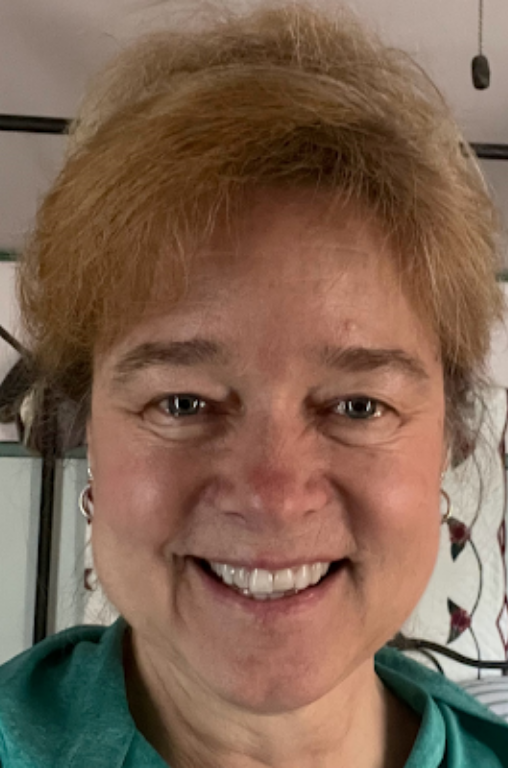
Heather Gossler
Financial Literacy I
Heather Gossler
Financial Literacy I
A part-time teller job led to an MBA from DeSales University in the United States and a 27 year career in the finance and banking industry. I developed a youth banking program at my bank believing that it is never too young to learn to make good financial decisions. I took the program out into the surrounding communities’ schools to teach students basic finance. I then discovered that my true calling was education. I left the executive offices of banking and began my teaching career, which I’ve been doing for 15 years. I went back to school and earned my M.Ed. in Educational Leadership from Cabrini College. I’ve taught middle school students the subjects of U.S.History, English and Language Arts, Science, and Family and Consumer Science which included a unit on personal finance. My ultimate goal is to help students find their passion for learning what it takes to be the best person they can be.

Lauren Hudak
Don't Wait: Create!
Lauren Hudak
Don't Wait: Create!
Lauren Hudak is an educator with over eight years of experience. After graduating from the University of Virginia with degrees in English Literature and Media Studies, she went on to get her Masters in Teaching from New York University. Lauren has worked with all ages of students from Pre-K through college, but she thrives when working with middle schoolers. She believes this is the perfect age to integrate mindfulness, technology, and social emotional learning into student learning objectives. She wants to help students conquer their fears and build a better world. When she’s not teaching, Lauren loves being outdoors, traveling and spending time with her family.

Ashley Valentine
Communication Foundations
Ashley Valentine
Communication Foundations
Ashley Valentine is an energetic and creative teacher from the United States who has committed her career to facilitating engaging and unique experiences for learners. She has presented at technology conferences, attended international learning summits, and is deeply passionate about ensuring that learning is both fun and meaningful. She has incorporated escape rooms, social media, experiential learning models, and hands-on techniques to engage Generation Z and prepare for Generation Alpha. An avid learner herself, Ashley holds two degrees in education and engages regularly in professional development so that she can build upon strategies and be responsive to student needs.
Sample Lesson Preview 
The Art of Self-Discipline
Impulse Control
Think Before You Leap
Let's talk about impulse control – a legit life skill for everyone. Impulse control is stopping yourself from doing something right away, so you can think about it and make a better choice. Picture this: you’re on your phone, and you get sucked into a scroll session instead of tackling that math homework. Impulse control is like your own coach in your mind saying, “Hey, let's think for a sec.”
It can be hard to stop yourself sometimes, but here’s a cool trick: the “Pause-Plan-Play” method. First, hit the pause button on your impulse. Just take a moment to chill. Then, plan out the pros and cons of what you’re about to do. Ask yourself, “Is this going to help me or set me back?” Finally, play it smart – make the choice that’s going to be better for you in the long run.
Sample Lesson Preview 
Financial Literacy I
The Value of Money
The value of money
We learned that the value of money originally came from gold that backed it. Today, however, its value comes from the faith in the government and the demand for it.
Value can be very different for different people and in different situations.
Think of something you have that is very valuable to you.
-
Would you be willing to sell it for money?
-
Is there something that you really want but costs a lot of money; do you think it is worth as much as it costs?
Write down your thoughts in your Money Journal!
Sample Lesson Preview 
Don't Wait: Create!
Testing and Evaluating
Iterate, iterate, iterate!
An iteration is like a do-over — a chance to make improvements based on what we learned from the first try. Testing an iteration is like trying out a new version of something we’ve made, to see if it works better than before.
First, we carefully test our new design or idea. This could mean asking friends to try it out, observing how it works in real life, or using special tools to measure its performance.
Once we’ve gathered feedback, it’s time to listen and learn! Feedback is not a critique or something to be embarrassed by — it is a super valuable tool that shows us where we need to go next. We pay attention to what people liked, what they didn’t, and any ideas they have for making it even better.
Then comes the fun part: Making changes based on the feedback! We tweak our design, fix any problems, and add new features to make it even cooler.
Sample Lesson Preview 
Communication Foundations
Setting Goals
Planning Ahead
It's important to make plans related to personal growth as a communicator.
That's why it's important to use all experiences to grow and learn. This means that sometimes people have to get out of their own comfort zone in order to learn.
All people, including children and adults, must work continuously to strengthen their verbal and nonverbal communication, active listening skills, written expression, and online communication.
